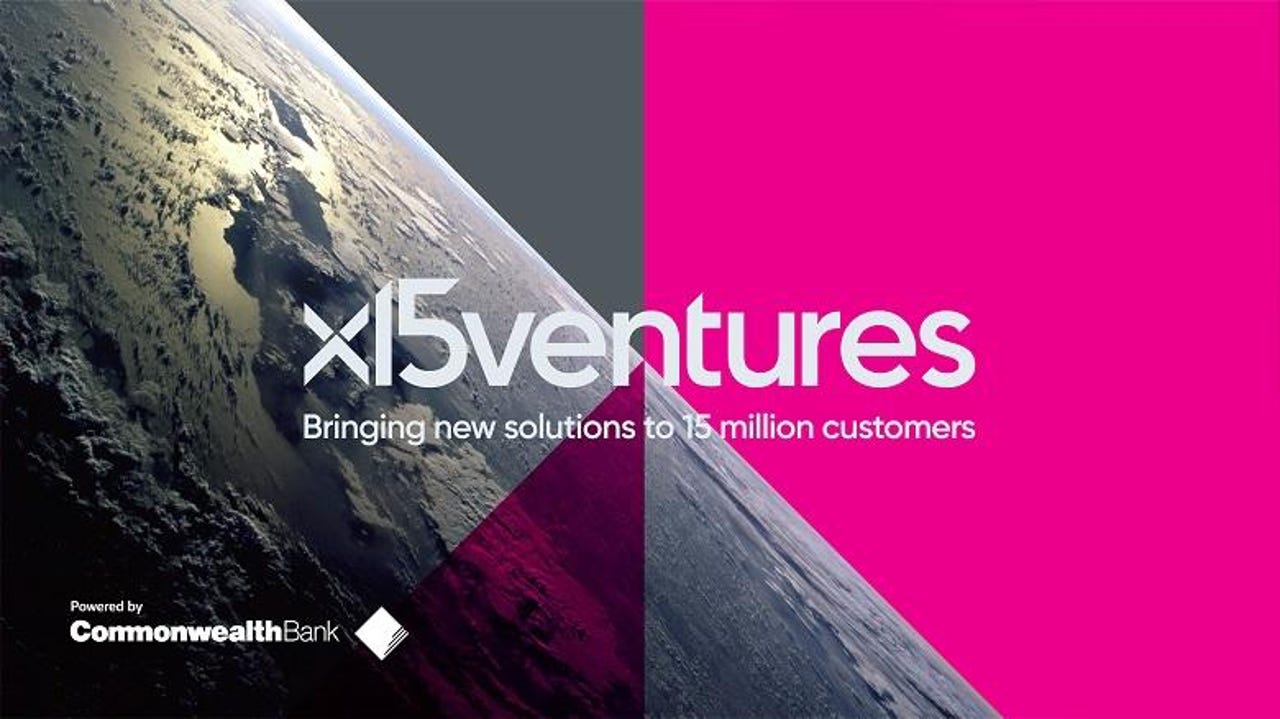CBA gets hands-on: Helping businesses scale with the launch of X15 Ventures


Commonwealth Bank of Australia (CBA) has launched what it dubs will be a "venture building entity" known as X15 Ventures that will build and grow standalone businesses to deliver products or services, which can be used by the bank in addition to its existing core offerings.
CBA chief executive Matt Comyn said for ventures looking to grow through X15, it's a "very compelling way to go to market".
"We want to find a way to work with and accelerate the growth of digital ventures and propositions who want to do this in a way that is outside of the Commonwealth Bank, but of course really leverage the scale, financial capacity of what we can bring to market," CBA chief executive Matt Comyn said on Monday.
"We didn't want to be a passive equity investor; we actually want to work with a range of different businesses across what we believe are going to be critical experiences for our customers or ecosystems as the whole market evolves."
As part of providing operational support to businesses, the bank has partnered with long-term technology partner Microsoft and KPMG High Growth Ventures. Microsoft will give participating X15 businesses access to technologies such as artificial intelligence, blockchain, and mixed reality, while KPMG will provide advisory services including tax and accounting, as well as other digital services in areas like blockchain, cyber, and Internet of Things.
Comyn said X15 will be funded by a portion of the company's AU$1 billion a year commitment to spend on technology and will operate as a wholly-owned subsidiary of CBA with its own delivery model and dedicated management team. It will be headed by appointed managing director Toby Norton-Smith.
"We're not a corporate venture capital fund. We won't be making standalone investments in businesses. We're also not an accelerator or incubator. We won't have exclusive focus on a particular cohort, ventures, or a particular stage of their growth," Norton-Smith said.
"Rather, what we're about is providing the capital, but also the very practical hands-on and operational support to scale ventures at every stage of their growth. We call that a venture builder model.
"We see X15 as having a very active role in operations and scaling of every business within. But at the same time, we will be open to all executions pathways to get to scale, whether that will be by build or partner.
"Indeed, if we see promising ventures solving real customer problems and they're interested in an alternative pathway to scale, we're open to them coming through X15."
See also: Why Westpac is making 'frenemies' with fintechs (TechRepublic)
According to Comyn, X15's target is to bring five new ventures to market during 2020 and grow that number to 25 over the next five years.
The first three ventures to be named as part of X15 are digital home buying app Home-In, business insights aggregation tool Vonto, and Klarna.
CBA has invested a total of $300 million in Klarna, granting it 50:50 ownership rights to the Swedish company's Australian and New Zealand businesses.
When asked how the bank would select the ventures it will work with, Norton-Smith told ZDNet that CBA will initially work off a broad criterion, but plans to refine it further as it "understands what really clicks".
"The first is: Are they solving real problems for the customers that no one is truly nailing yet? The second question we'll ask is can we add value …and the last thing we'll look for is whether there's real tailwinds behind their model, whether that's technology tailwinds or evolution of some business models," he said.
The X15 model follows in the footsteps of international counterparts such as BBVA in Spain and the Canadian's Royal Bank of Canada.
Comyn also took the opportunity to provide a preview ahead of next week's financial results where the bank's technology strategy would remain a key focus.
"More broadly, we'll make continued investment to make sure we can bring more innovation to market faster, modernising or continuing to modernise our core bank and infrastructure to enable a lower cost and higher velocity of change," he said.
Related Coverage
- Commonwealth Bank's data-cleansing project: A customer problem
- Commonwealth Bank focused on innovating amid pressure from fintechs
- Commonwealth Bank exec reshuffle sees deck have less tech
- Commonwealth Bank begins journey on using data 'the right way'
- Commonwealth Bank: Australia is well-positioned to be a leader in cyber